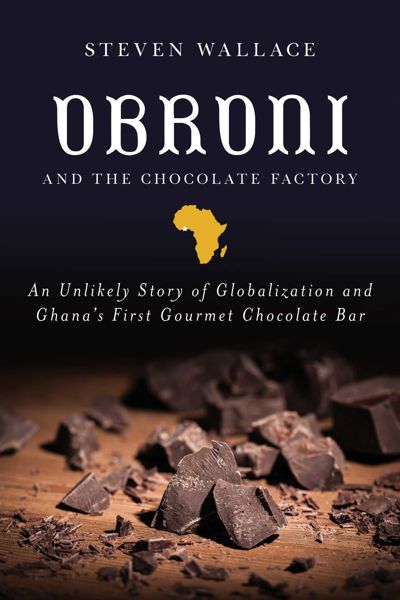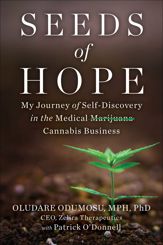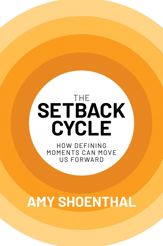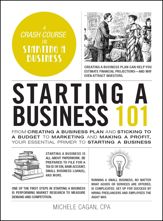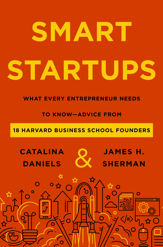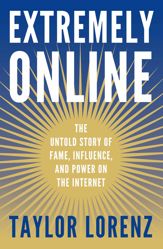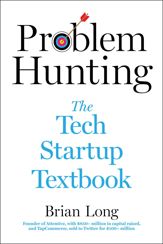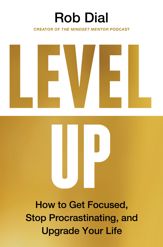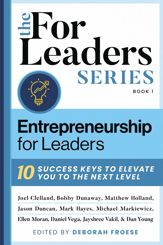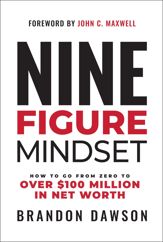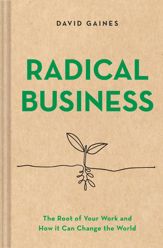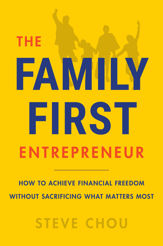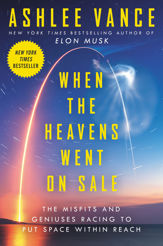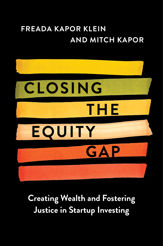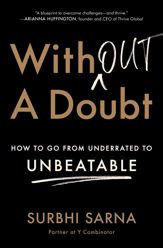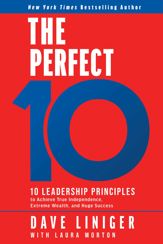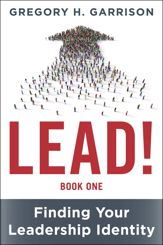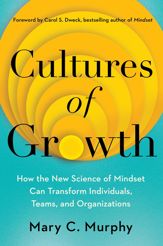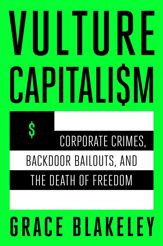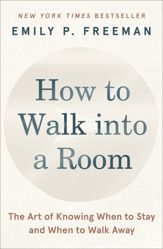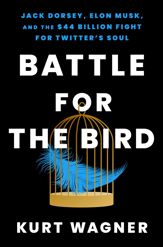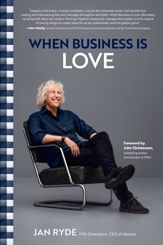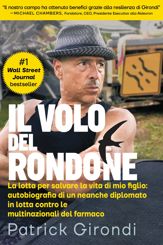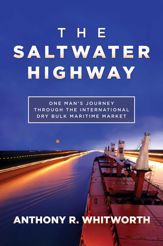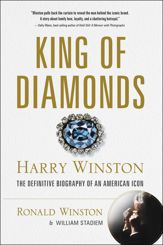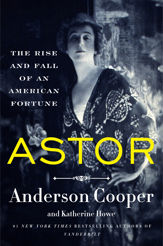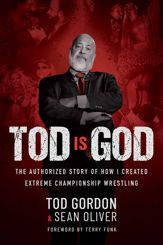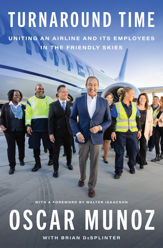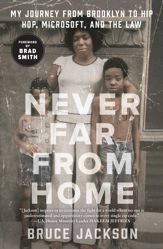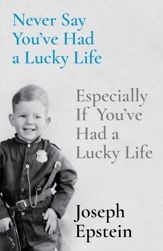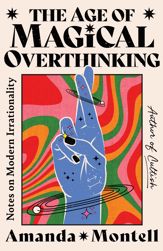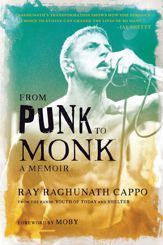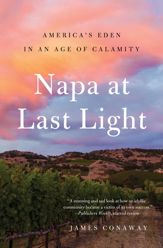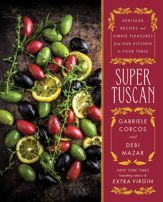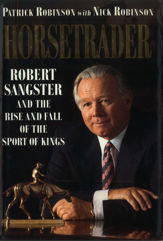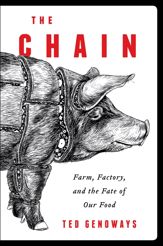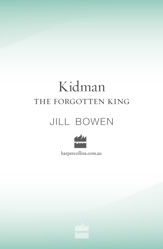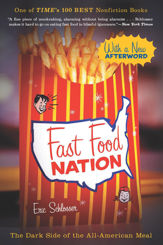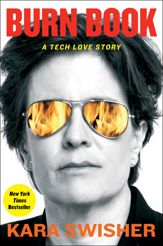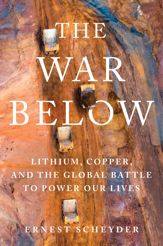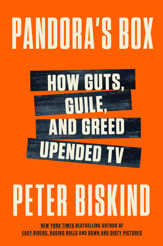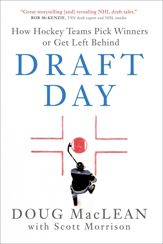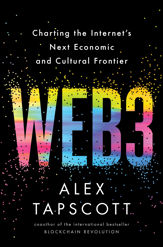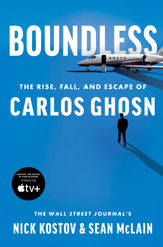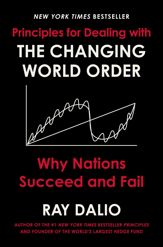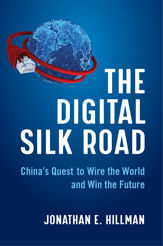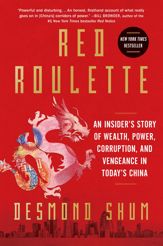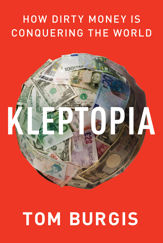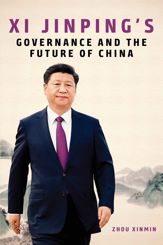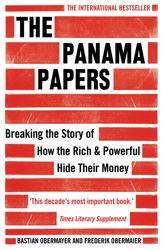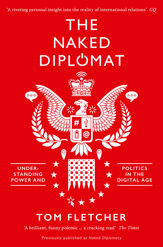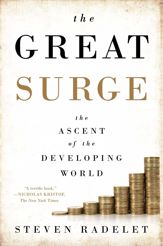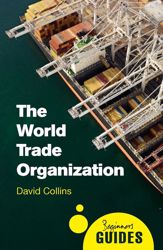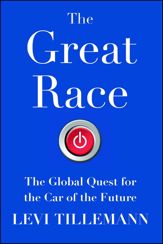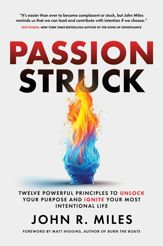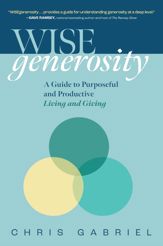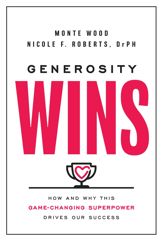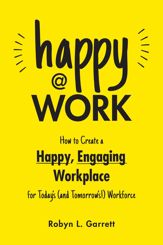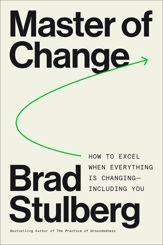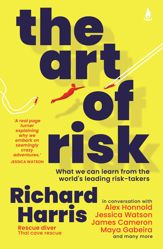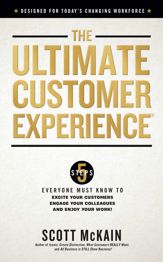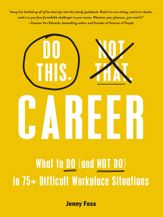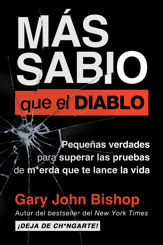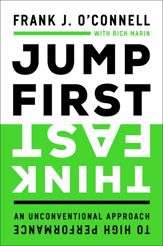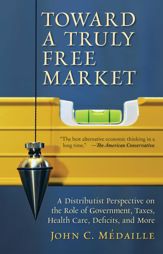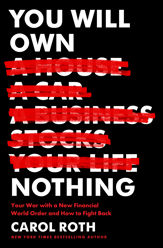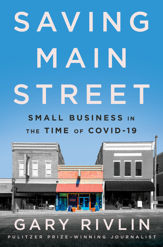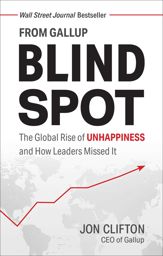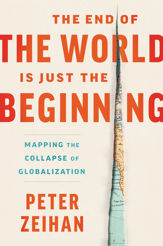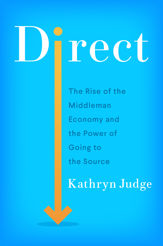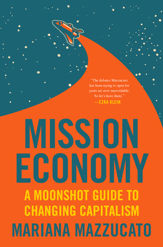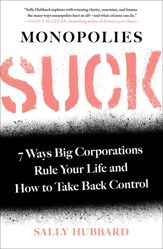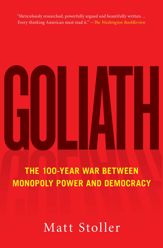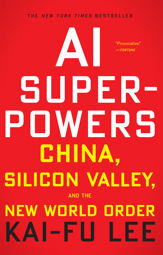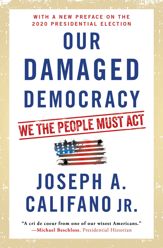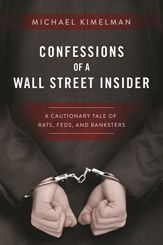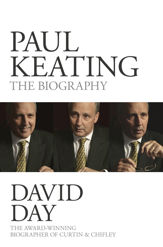"Frequently funny and always informative."—John Berendt, author of Midnight in the Garden of Good and Evil
"A solid primer on how to build a business with all the added obstacles of working in a developing nation, this sotry of the Omanhene Coco Bean Company contains plenty of bitter along with the sweet."--Booklist
"We live in an interconnected world where every business--from your neighborhood coffee house to a multinational aircraft manufacturer--is affected by global trade. Wallace makes the case that a New Globalism, based on seeking true comparative advantage, can lead to wealth generation and sustainable employment for everyone. The Omanhene story teaches us that, rather than be scared by globalization, we should embrace it and benefit from it. This is an entrepreneurial story that needs to be told--and it's delicious, too."—Peter M. Robinson, President and CEO, United States Council for International Business.
"Steve Wallace's highly personalized obroni story begins with a teenage experience in West Africa that forged bonds strong enough to overcome excessive red tape, a secretive and opaque commodities market, and even dangerous intrigue. This captivating account will both inspire young social marketeers entrepreneurs and reveal a fascinating 'public-private' model for creating prosperity in the developing world." —J. Brian Atwood, former administrator of USAID
"From its first sentence, which wittily echoes the opening of Isak Dinesen’s Out of Africa, Steven Wallace's new book takes us on a memorable journey through a land of cocoa beans and entrepreneurial aspirations. An engaging blend of personal memoir, travel narrative, David-and-Goliath saga, and economic parable, Obroni and the Chocolate Factory informs, stimulates, and delights. Its qualities, like those of a bar of Omanhene chocolate, combine zestful 'grace notes' with a 'satisfying snap.' Dinesen herself would have savored both the product and its story." —J. Bruce Redford, author Venice and the Grand Tour
Description
What country makes the best chocolate? Most people would answer "Switzerland," or, if they're discerning, "Belgium" or "France." But, how many cocoa trees grow in Zurich? Lyon? Antwerp? Shouldn't the country known for growing the best cocoa beans be the one that makes the best chocolate? So, captivated by theories of international trade but with precious little knowledge of cocoa or chocolate, Steven Wallace set out to build the Omanhene Cocoa Bean Company in Ghana—a country renowned for its cocoa and where Wallace spent part of his youth—in a quest to produce the world's first export-ready, single-origin chocolate bar. What followed would be the true story of an obroni—white person—from Wisconsin taking on the ultimate entrepreneurial challenge.
Written with sensitivity and devastating self-awareness, Obroni and the Chocolate Factory is Steven's chaotic, fascinating, and bemusing journey to create a successful international business that aspired to do a bit of good in the world. This book is at once a penetrating business memoir and a story about imagining globalism done right. Wallace's picaresque journey takes him to Ghana's residence for the head of state, to the Amsterdam offices of a secretive international cocoa conglomerate, and face-to-face with key figures in the sharp-elbowed world of global trade and geopolitics. Along the way he'll be forced to deal with bureaucratic roadblocks, a legacy of colonialism, corporate intrigue, inscrutable international politics, a Bond-esque villain nemesis, and constant uncertainty about whether he'll actually pull it off. This rollicking love letter to both Ghana and the world of business is a rare glimpse into the mind of an unusually literate and articulate entrepreneur.
Reviews
"Frequently funny and always informative."—John Berendt, author of Midnight in the Garden of Good and Evil
"A solid primer on how to build a business with all the added obstacles of working in a developing nation, this sotry of the Omanhene Coco Bean Company contains plenty of bitter along with the sweet."--Booklist
"We live in an interconnected world where every business--from your neighborhood coffee house to a multinational aircraft manufacturer--is affected by global trade. Wallace makes the case that a New Globalism, based on seeking true comparative advantage, can lead to wealth generation and sustainable employment for everyone. The Omanhene story teaches us that, rather than be scared by globalization, we should embrace it and benefit from it. This is an entrepreneurial story that needs to be told--and it's delicious, too."—Peter M. Robinson, President and CEO, United States Council for International Business.
"Steve Wallace's highly personalized obroni story begins with a teenage experience in West Africa that forged bonds strong enough to overcome excessive red tape, a secretive and opaque commodities market, and even dangerous intrigue. This captivating account will both inspire young social marketeers entrepreneurs and reveal a fascinating 'public-private' model for creating prosperity in the developing world." —J. Brian Atwood, former administrator of USAID
"From its first sentence, which wittily echoes the opening of Isak Dinesen’s Out of Africa, Steven Wallace's new book takes us on a memorable journey through a land of cocoa beans and entrepreneurial aspirations. An engaging blend of personal memoir, travel narrative, David-and-Goliath saga, and economic parable, Obroni and the Chocolate Factory informs, stimulates, and delights. Its qualities, like those of a bar of Omanhene chocolate, combine zestful 'grace notes' with a 'satisfying snap.' Dinesen herself would have savored both the product and its story." —J. Bruce Redford, author Venice and the Grand Tour
